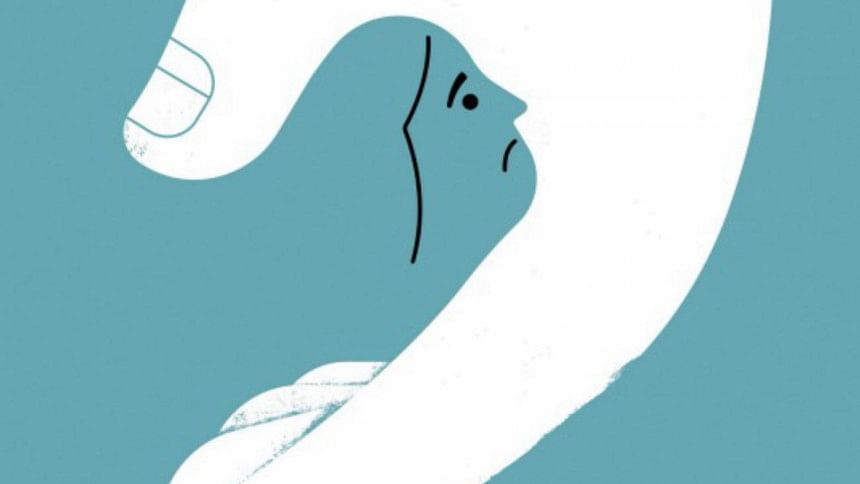Sexual misconduct at the workplace and a culture of impunity

Recently, Ms Pallavi Gogoi, the Chief Business Editor of National Public Radio, USA wrote a heart-rending but brave opinion piece in the Washington Post titled "As a Young Journalist in India, I was Raped by M.J. Akbar. Here is my Story."
Some working women in Bangladesh may relate to the trauma and agony Ms Gogoi endured. Many of my friends, acquaintances, and colleagues who were victims of sexual misconduct in their workplaces shared with me their traumatic experiences. There seemed to be a common thread that connected their traumas. It is a skewered power dynamic between the abuser vis-à-vis the victim from a professional standpoint, and a professional/corporate culture which inhibits any apprehension of accountability for sexual misconduct.
Generally, the abuser holds the higher or more powerful position, is older, is of high stature, and is well-respected. Such is the socioeconomic and power dynamics between the abuser and the victim where it is only "his word against hers," and his would usually prevail.
This culture of predatory behaviour is aggravated by the professional/corporate culture of sweeping occurrences and allegations of sexual misconduct under the carpet when they are brought up; sometimes on the ground of lack of proof and at other times by "politely" and discreetly asking the abuser to resign and leave the organisation, thus, allowing him to continue his predatory sexual behaviour in another organisation.
Furthermore, in most institutions, organisations, and corporations there exists an invisible line demarcating the senior, powerful, and influential individuals (or those who are connected to such individuals) from the less powerful and influential—the former being immune to all allegations of sexual misconduct (or any kind of misconduct for that matter).
In the case of the former being accused of sexual misconduct, it is rather the victim who is censured and ultimately, made to leave the organisation; some of my friends had to suffer this fate. The inaction of the relevant authorities worsens the situation of abuse by emboldening the abuser—thus, forcing the victim to leave in order to end the agony or to give in to the predation when it is not feasible (for various reasons) for the victim to leave the organisation.
This is the story of many working women in Bangladesh and across South Asia. I always advise those who approach me to pursue administrative and judicial action against the abuser. However, as a man, it is easy for me to say so. Pursuing justice for sexual misconduct is, unfortunately, a very costly affair—socially, psychologically, and professionally. Hence, in most cases, it is only reasonable for the victim to end the matter or to leave the organisation rather than prolong the trauma by pursuing justice; which in all likelihood may be denied. And it is high time that this culture that continues to favour the abuser came to an end.
Farhaan Uddin Ahmed is a lecturer and researcher of Public International Law at the School of Law, BRAC University. Email: [email protected]

 For all latest news, follow The Daily Star's Google News channel.
For all latest news, follow The Daily Star's Google News channel. 



Comments